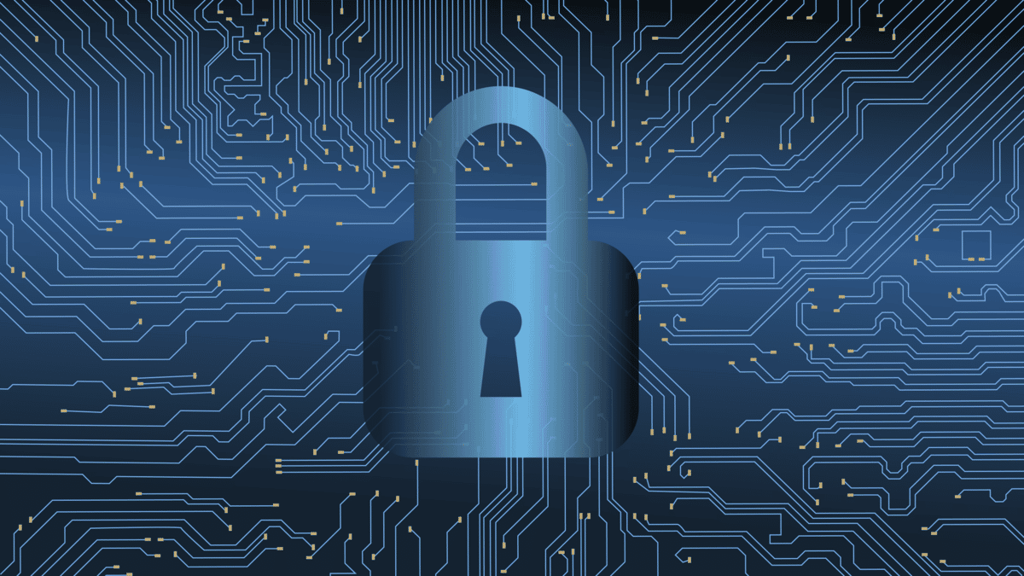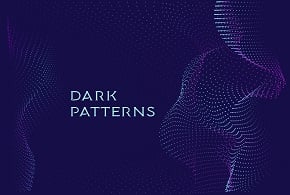Is someone — or something
watching you?
Perhaps you’ve heard about spyware and wondered what
exactly it is or whether or not it is something about which you should be
concerned. In my humble opinion, every web surfer should be at least
concerned enough to find out what it is and then decide for themselves whether
or not they wish to protect themselves from it. Personally, I use software
and a paid subscription service to control it in my computer. Maybe that
indicates how I feel about it.
"Spyware" is a commonly used collective term for a variety of
software programs that all have a common objective. They are intended to
collect information about you and provide it back to somebody else.
"Adware" is also included in this category — it is software that is designed to
deliver advertisements to you that are targeted to you and based on your surfing
habits. Obviously, to know what your surfing habits are, they have to
monitor you as you surf the web.
Spyware finds its way into your computer surreptitiously either
by "drive-by-downloading" or by coercing you into providing consent.
"Drive-by-downloading" is a mechanism whereby a program can be downloaded and
installed on your computer simply by you visiting a particular website or
opening an HTML email.
There are two common methods for coercing you into providing
consent to an install. The first uses a deceptive pop-up ad that asks you
a question engineered to elicit a positive response from you, which then uses
that as permission to download and install the spyware. The second is to
provide it as a "ride-along" installation with some other piece of software that
you have chosen to use. "File-sharing" services like Kazaa and Napster
have earned themselves a reputation for this practice, providing free
"ad-supported" software.
There are also "services" that offer one thing, but if you look
closely enough you will find they are something else entirely. A famous
example of this is Purity Scan (www.purityscan.com)
The suggestion here is that they will check your hard drive to see if there is
any pornography that has "found its way" onto your computer. Before you
think of using it, however, take a look at the "Terms" (there’s a link on the
top of their home page.) Read the entire terms and conditions and you’ll
have some idea of what they’re really up to.
So what should you do about it?
Continue to Part Two









